Spreading international humanitarian law
International humanitarian law (IHL) contains the body of rules that seeks to limit the humanitarian consequences of armed conflict. This law protects the life, health and dignity of persons who do not or no longer participate in an armed conflict. This includes civilians, but also, for example, medical personnel and other groups. The law also restricts or prohibits the use of certain weapons and methods in armed conflict.
The international Red Cross movement occupies a key position in the development and dissemination of these rules. Under the 1949 Geneva Conventions, signed by 196 countries, International Committee of the Red Cross has the unique mandate as an independent and neutral organization to provide protection and assistance to victims of armed conflict and other situations of violence. Additionally, the National Red Cross Society in each country, as an auxiliary to the government, assumes the role of disseminating and promoting information and knowledge about international humanitarian law. Belgian Red Cross-Flanders also assumes this core task.
We take this role actively by...
-
Disseminate knowledge and information through training. For example, we organize an annual series of classes covering basic topics, we organize a moot court competition (Frits Kalshoven Competition), and so on. So be sure to keep an eye on our trainings and events if you are interested.
-
Create awareness through public campaigns and media publications.
-
Support policy makers in the development and implementation of international humanitarian law.
Ask us your question about the IHR
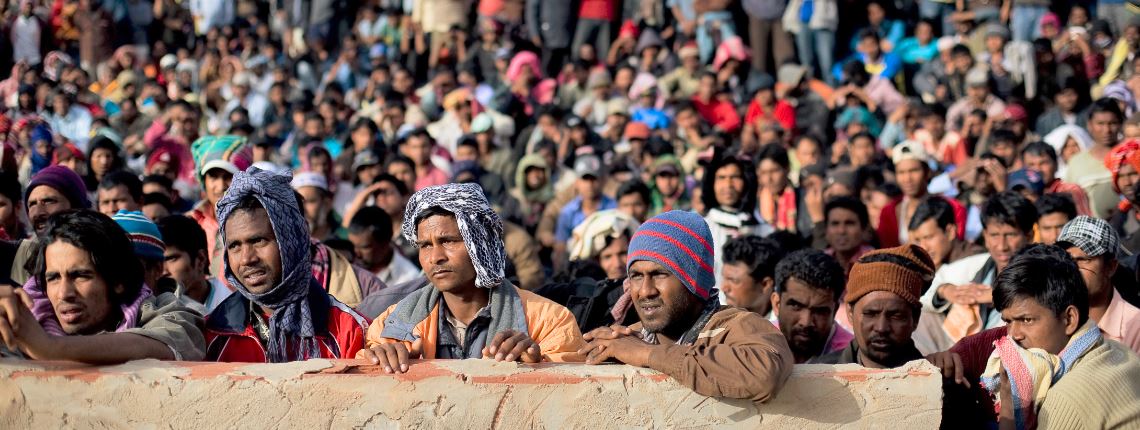
Our trainings and events
Frits Kalshoven Competition
The Frits Kalshoven Competition is entering its 18th edition in 2025 and is once again organized by Belgian Red Cross-Flanders in cooperation with the Netherlands Red Cross. This moot court competition on international humanitarian law is open to law students.
The purpose of this competition is to familiarize students with international humanitarian law by offering lectures and to fuel their oral and argumentative competencies through role-playing and an advocacy competition.
The competition will take place on March 5, 6 and 7, 2025 in The Hague, Netherlands. It is open to teams of 3 and the language of instruction is English.
Once registrations open you will be able to find all the information here
View a compilation of previous editions
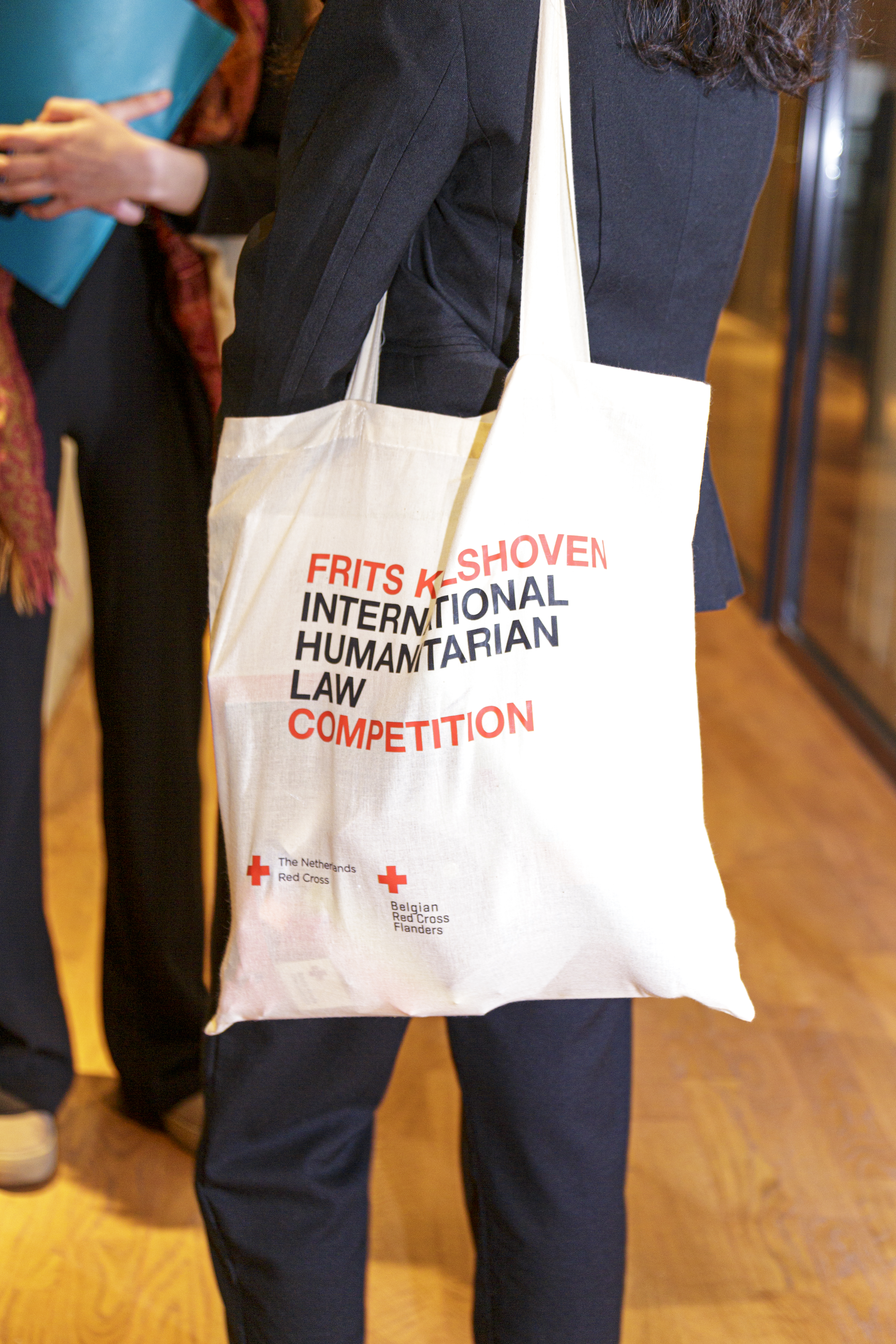
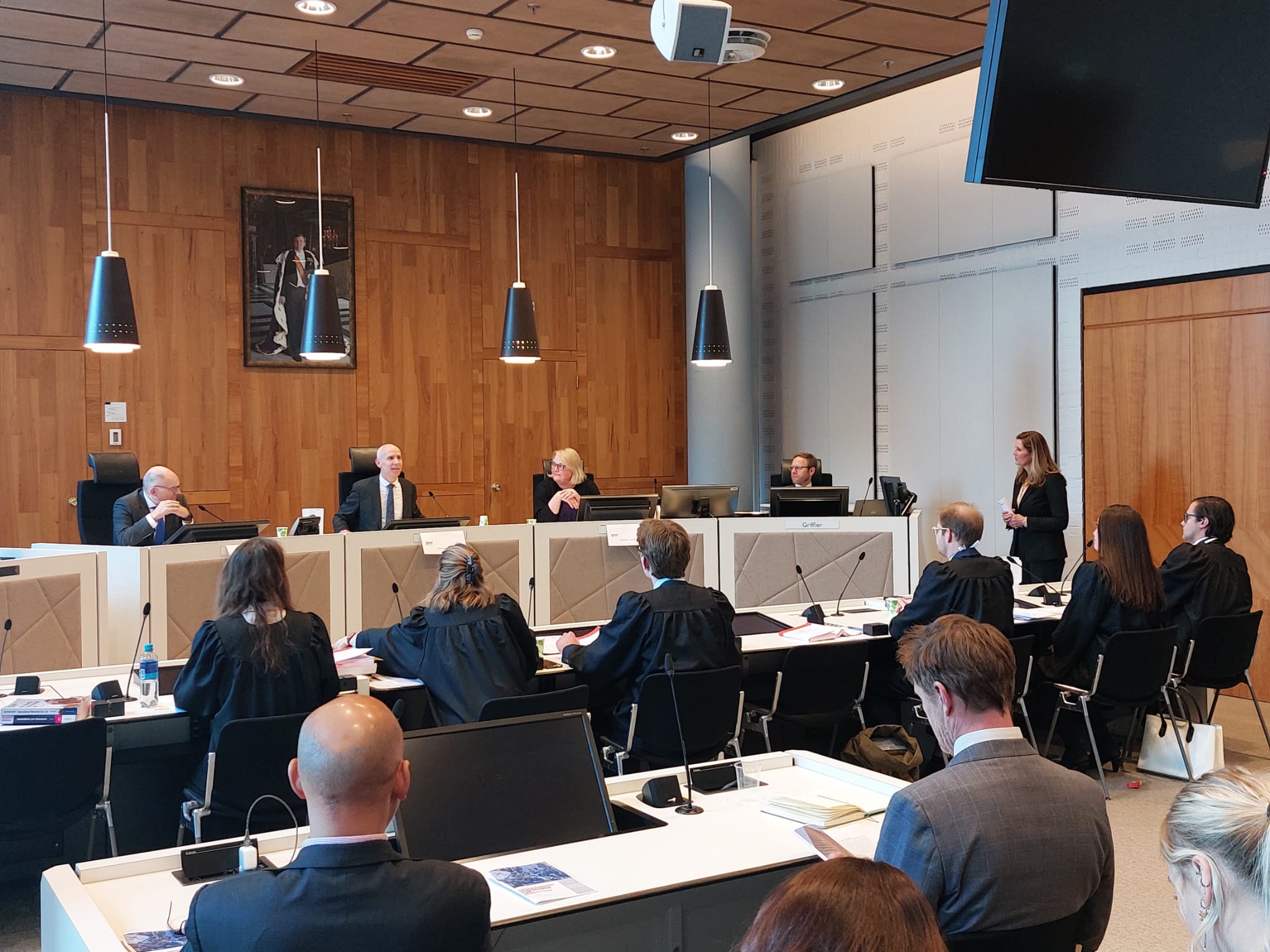
Lecture series on international humanitarian law
During the International Humanitarian Law (IHL) Lesson Series, we cover 5 weeks of core topics within international humanitarian law. From April 23 to May 21, 2025, we are organizing the 27th edition of our lesson series on international humanitarian law (IHL). For five weeks on Wednesday evenings, we will cover the core topics within international humanitarian law.
The lesson series begins with an introductory presentation on the sources, scope and actors of IHL. Subsequent lessons further explore the protection of persons and property, the rules regarding weapons and methods of warfare, and the punishment of violations of IHL. We conclude the series with a lesson on a current topic. Each lesson focuses on concrete examples and interaction.
For each lesson, we call on experts, academics or individuals who are professionals in the concrete application of IHL. Afterwards, we count on participants' active input to initiate a Q&A. For the detailed program see below.
Certificates and approvals
- Participation Certificate: All participants will receive a certificate of participation based on their attendance which will be recorded by the organization team.
- Recognition Order of Flemish Bar Associations: confirmed.
- Recognition Institute Judicial Training: confirmed.
When
Five Wednesday evenings on April 23 & 30 and May 7, 14 & 21 from 7 to 9 pm.
Where
Classes on April 23 & 30 and May 7 & 14 will take place online through MS Teams.
The class on May 21 will take place in the Workplace of the Visitor Center of the Flemish Parliament at IJzerenkruis 99, 100 Brussels.
Price
The price for the full series of classes is 120 euros.
For an individual lesson, you pay 25 euros.
Subscribe
Registration is possible through April 22, 11:30 p.m.
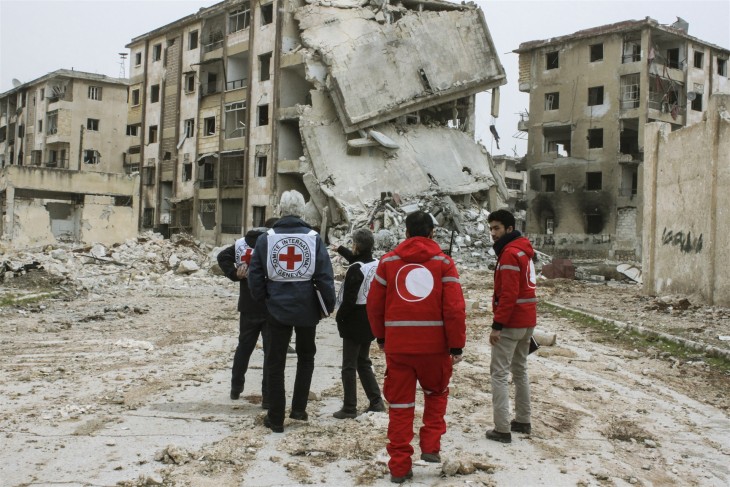
Program
- Lesson 1: Introduction to IHL - April 23, 2025
Floor Van den Eijnden, IHR staff member at Belgian Red Cross-Flanders
This general presentation provides an introduction to IHL. After a brief description of the genesis of IHL, the scope, the actors involved and the basic rules of this branch of law are discussed. Furthermore, it looks at how human rights and IHL relate to each other. All this is illustrated through recent examples.
- Lesson 2: Protection of persons and property under IHL - April 30, 2025
Nele Verlinden, International Red Cross Committee (ICRC) - Delegation to the EU, NATO and the Kingdom of Belgium
In this lesson, we take a closer look at the protection of persons and property in situations of armed conflict. What does IHL say about the protection of civilian populations, persons on the run, aid workers, and prisoners? How are civilian infrastructure, nuclear power plants, and cultural patrimony protected? We illustrate an overview of the main rules of IHL with the help of some current situations. Finally, we also consider the role the Red Cross assumes on protection.
- Lesson 3: The means and methods of warfare - May 7, 2025
Chris De Cock, VUB
IHL contains provisions regarding the means and methods of warfare. In any armed conflict, there are limits to what means and methods that may be used by the warring parties. During this class we will go over the applicable rules and principles governing these. It looks at how these obligations are put into practice during the planning and execution phase of contemporary military operations. All this will be based on practical examples from contemporary conflicts.
- Lesson 4: The sanctioning of IHL by international tribunals - May 14, 2025
Simon De Smet, Referendaire International Criminal Court
What about compliance and punishment for IHL violations? This is a common question. In this session, we will explore this further through a brief analysis of relevant treaties such as the Geneva Conventions. These, for example, oblige States Parties to identify and punish perpetrators in cases of grave violations of IHL. The responsibility and monitoring of this compliance is a shared responsibility between nation states and its courts and tribunals and international bodies and courts. Here, the Belgian framework of punishment for violations of IHL will be highlighted, as well as the international landscape. This interaction between international and national bodies will also be explored in more detail.
- Lesson 5: Protecting medical personnel during armed conflict - May 21, 2025
Elke Marnef, Emergency and intensive care nurse with expertise in disaster management and international missions
Earlier we saw that IHL provides specific protection for medical personnel, their means of transportation and medical institutions. This means that they should not be attacked under any circumstances because medical personnel play a crucial role in providing life-saving care to victims of war and violence, regardless of their background or involvement in the conflict. Unfortunately, doctors, nurses and aid workers are increasingly becoming targets of violence. Attacks on hospitals, ambulances and medical infrastructure have increased alarmingly in recent years, and recent figures show that these incidents have reached an all-time high worldwide. This poses a serious threat to access to essential care for millions of people in conflict zones. In this class, you will learn from an expert by experience how medical personnel operate in situations of armed conflict and why their protection is critical to humanitarian relief efforts.
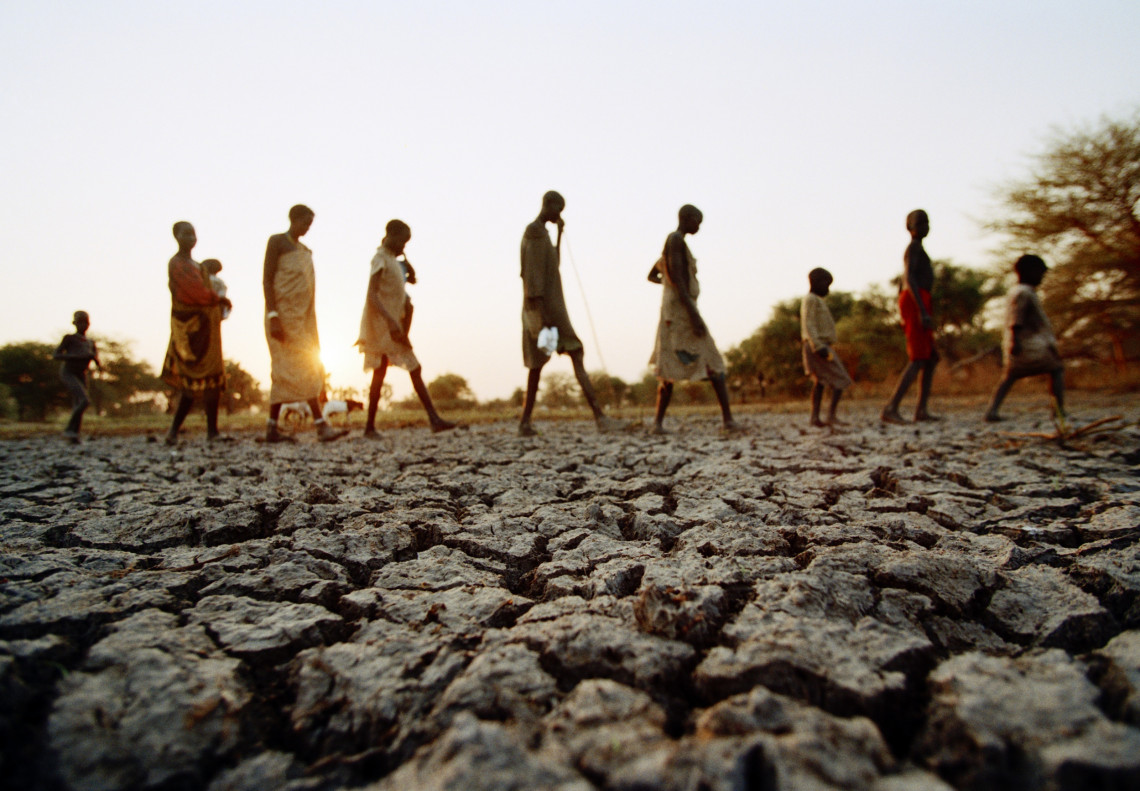
Learn more: humanitair.recht@rodekruis.be

Our Publications
This brochure aims to clarify what IHL is, what role Belgian policymakers can play in the implementation and further development of IHL, and how the Belgian Red Cross can support policymakers in doing so.
This brochure is intended to provide clarity about IHL by providing answers to frequently asked questions about its contents.
International humanitarian law is defined in the Geneva Conventions, or Geneva Conventions. The first Geneva Convention was drafted in 1864 on the initiative of Red Cross founder Henri Dunant. An eyewitness to the battle of Solferino, he called for international rules on warfare with an eye toward greater humanity. The current set of four treaties dates from 1949 and was later supplemented by three additional protocols.

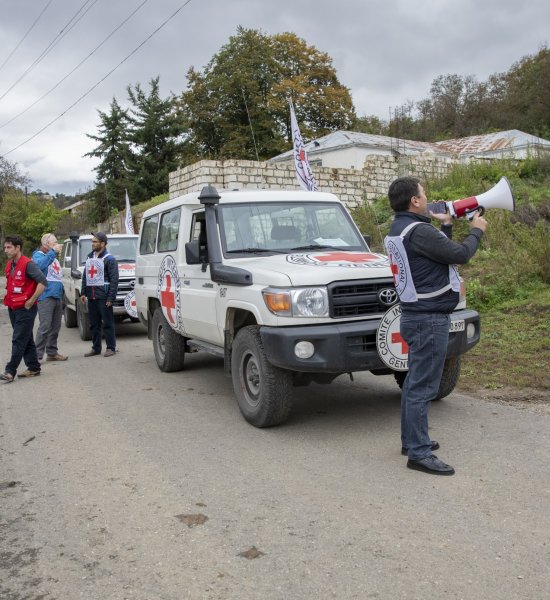
How can you help?
Attend training and help ensure further dissemination
Keep an eye on our trainings & events if interested.
Become an IHR intern/volunteer
- Do you have knowledge of international law and a basic understanding of international humanitarian law?
- Do you speak English and French fluently?
- Would you like to support our service, both logistically and in terms of content?
Then keep an eye on our job openings and who knows, maybe you'll be joining us for an internship soon.
Evaluations & management responses
Our operation is partly funded by project funding. We publish the mid-term and final evaluation reports here:
